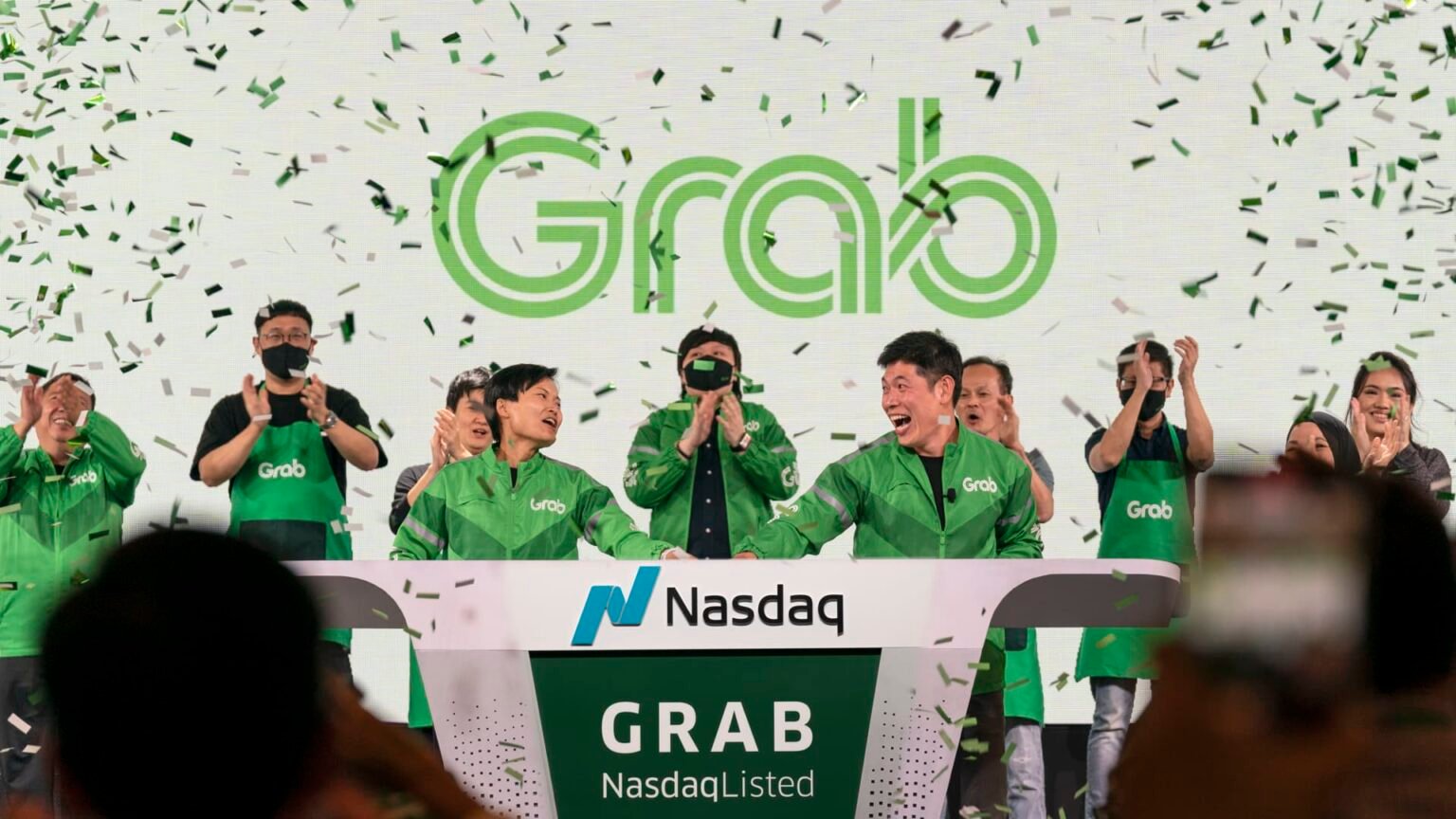Anthony Tan, the co-founder and CEO of Grab, didn’t need to start a business to be rich, as he was born into one of Malaysia’s wealthiest families. His father is the president of Tan Chong Motor, a multinational automobile distributor founded by Tan’s grandfather in the 1950s. However, Tan felt a deep-rooted need to create something that could be a “force for good.” Tan began his studies at Harvard Business School in 2009, where he met his co-founder Hooi Ling Tan, and together they decided to take on the challenge of improving the safety of Malaysia’s taxi system.
In 2011, Tan and Hooi Ling Tan drafted a business plan for Grab after discussing the issues with the Malaysian taxi system. They won a startup contest at Harvard Business School, receiving $25,000 in seed money to start the company, which was initially known as “MyTeksi.” Despite facing resistance from his family, Tan invested everything he had into starting Grab in June 2012. The first few years of the business were challenging, with Tan working long hours and even personally traveling across Southeast Asia to convince taxi drivers to join the platform.
In 2018, Grab acquired Uber’s Southeast Asia business, establishing its dominance in the region. The deal with Uber’s CEO joining Grab’s board of directors solidified Grab’s position as the dominant super app in Southeast Asia. Despite facing antitrust allegations, Grab has transformed the way people in the region go about their daily lives, providing access to services like food and groceries delivery, financial services, and gig jobs to millions of people. Grab went public in the U.S. in December 2021, bringing in over $2 billion in revenue in 2023.
Grab’s success has been driven by its focus on serving the underserved market in Southeast Asia, providing solutions to real societal problems. The company has empowered individuals at the bottom of the pyramid by giving them access to services that were previously unavailable to them. Tan’s vision of creating a force for good has shaped Grab into an ecosystem that serves the needs of millions of people in Southeast Asia, making a significant impact on the region’s infrastructure.
Despite the controversies and challenges faced by Grab along the way, Tan remains committed to serving the people of Southeast Asia and making a positive impact on their lives. The company’s success has proven that a business founded on the principles of helping others can also be financially successful. Grab’s journey from a small startup with modest beginnings to a multinational ride-hailing giant is a testament to the dedication and vision of its founders, who have worked tirelessly to create a company that is not only profitable but also makes a meaningful difference in the world.












